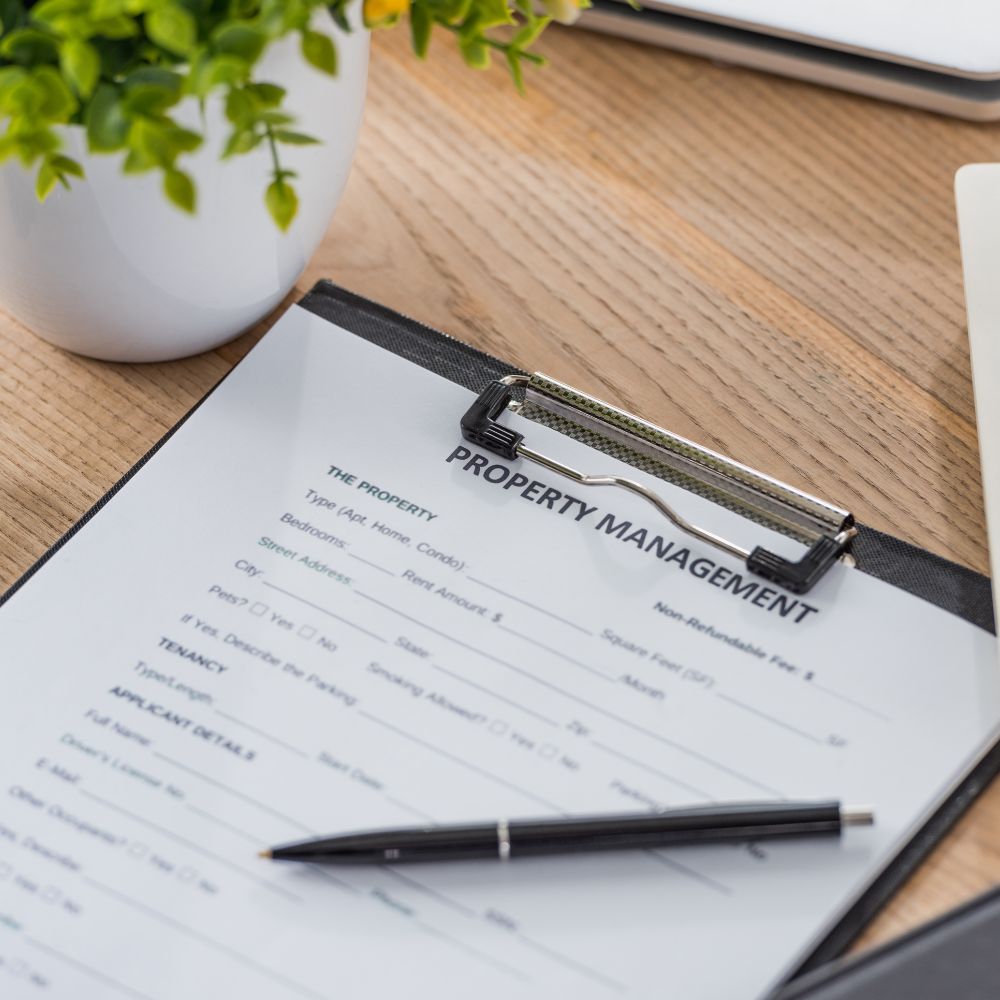When it comes to running a successful property business, efficiency is key. One of the most effective ways to enhance efficiency is by implementing a property management system. But what exactly is a property management system?
A property management system, often referred to as PMS, is a software solution designed to streamline the operations of property businesses. It is a comprehensive tool that enables property owners and managers to efficiently manage various aspects of their business, including reservations, guest information, room assignments, housekeeping, billing, and more. By centralizing and automating these processes, a property management system simplifies day-to-day operations, improves guest experiences, and ultimately boosts revenue.
The Importance of a Property Management System
In today’s competitive market, staying ahead of the game is crucial for property businesses. A property management system offers numerous advantages that can greatly contribute to the success of your business.
First and foremost, a property management system allows you to efficiently manage reservations and bookings. With a user-friendly interface, you can easily view and manage your availability, accept online bookings, and handle reservation changes or cancellations. This not only saves you time but also ensures that your property is always optimizing its occupancy rate.
Additionally, a property management system enables you to effectively manage guest information. From storing essential details such as contact information and preferences to tracking guest histories and past interactions, you can provide personalized experiences that keep guests coming back. By understanding your guests better, you can tailor your services to meet their individual needs and preferences, ultimately enhancing guest satisfaction and loyalty.
Streamlining Operations with a Property Management System
One of the greatest benefits of a property management system is its ability to streamline operations. By automating repetitive tasks and centralizing information, you can significantly reduce manual effort and human error.
For example, a property management system can automate the check-in and check-out processes. Instead of manually processing paperwork and verifying guest information, the system can handle these tasks seamlessly. This not only saves time but also minimizes the risk of errors, ensuring a smooth and hassle-free experience for both guests and staff.
Furthermore, a property management system can streamline housekeeping operations. With real-time updates on room status and housekeeping schedules, your staff can efficiently manage cleaning tasks, ensuring that rooms are ready for new arrivals in a timely manner. This not only improves operational efficiency but also enhances the overall guest experience.

Enhancing Guest Experiences with a Property Management System
In the highly competitive hospitality industry, guest satisfaction is paramount. A property management system plays a crucial role in enhancing guest experiences by enabling you to provide personalized and efficient service.
With a property management system, you can easily access guest preferences and special requests. Whether it’s a specific room type, dietary restrictions, or other preferences, you can ensure that your guests’ needs are met. This level of personalization creates a memorable experience that sets your property apart from the competition.
Moreover, a property management system enables you to communicate with guests in a timely and efficient manner. From sending pre-arrival emails with important information to providing post-stay surveys for feedback, you can maintain open lines of communication throughout the guest journey. This not only demonstrates your commitment to exceptional service but also allows you to address any issues or concerns promptly, further enhancing guest satisfaction.
Improving Revenue Management with a Property Management System
Effective revenue management is essential for maximizing profitability in the property industry. A property management system provides valuable tools and insights to help you optimize your revenue strategies.
By analyzing data on occupancy rates, booking patterns, and market demand, a property management system can help you make informed pricing decisions. With dynamic pricing capabilities, you can adjust rates based on demand, seasonality, and other factors, maximizing revenue during peak periods and attracting guests during off-peak times.
Furthermore, a property management system can integrate with online travel agencies (OTAs) and other distribution channels, allowing you to manage rates and availability across multiple platforms from a single interface. This not only saves you time but also ensures that your inventory is always up to date, minimizing the risk of overbookings or double bookings.

Implementing a Property Management System in Your Business
Now that you understand the benefits of a property management system, you may be wondering how to implement it in your own business. The process can be straightforward if you follow a few key steps.
First, assess your business needs and priorities. Identify the specific pain points and areas where a property management system can make the most significant impact. This will help you choose the right solution that aligns with your business goals.
Next, research different property management system providers. Look for reputable companies that offer comprehensive features, user-friendly interfaces, and reliable customer support. Read reviews, request demos, and compare pricing to make an informed decision.
Once you’ve selected a property management system, make a plan for implementation. Set a timeline, allocate resources, and communicate the changes to your staff. Provide training and support to ensure a smooth transition and maximize the system’s benefits.
Common Misconceptions about Property Management Systems
Despite the numerous benefits, there are some common misconceptions about property management systems that may discourage businesses from adopting them. Let’s address these misconceptions and clarify the reality.
Misconception 1: Property management systems are expensive and only suitable for large properties.
In reality, property management systems come in various price ranges and can be tailored to suit properties of all sizes. Whether you’re running a small bed and breakfast or a large hotel, there is a solution that fits your budget and needs.
Misconception 2: Property management systems are complex and difficult to use.
Modern property management systems are designed with user-friendliness in mind. They offer intuitive interfaces, easy navigation, and comprehensive training and support. With a little effort, anyone can learn to use a property management system effectively.
Misconception 3: Property management systems replace human interaction and personal service.
While a property management system automates certain processes, it does not replace human interaction. On the contrary, it enables you to provide more personalized service by freeing up time for your staff to focus on guest engagement, problem-solving, and other value-added activities.
Conclusion: Embracing the Benefits of a Property Management System
In conclusion, a property management system is a powerful tool that can unlock efficiency and enhance the success of your property business. By streamlining operations, enhancing guest experiences, and improving revenue management, it allows you to stay competitive in today’s fast-paced market.
When implementing a property management system, remember to assess your business needs, research different providers, and plan for a smooth transition. Don’t be deterred by common misconceptions – a property management system can be affordable, user-friendly, and complement human interaction rather than replace it.
So, if you want to optimize your property business, embrace the benefits of a property management system and take your operations to the next level. Start exploring the possibilities today!


Pingback: Discover property management - Home Nomad